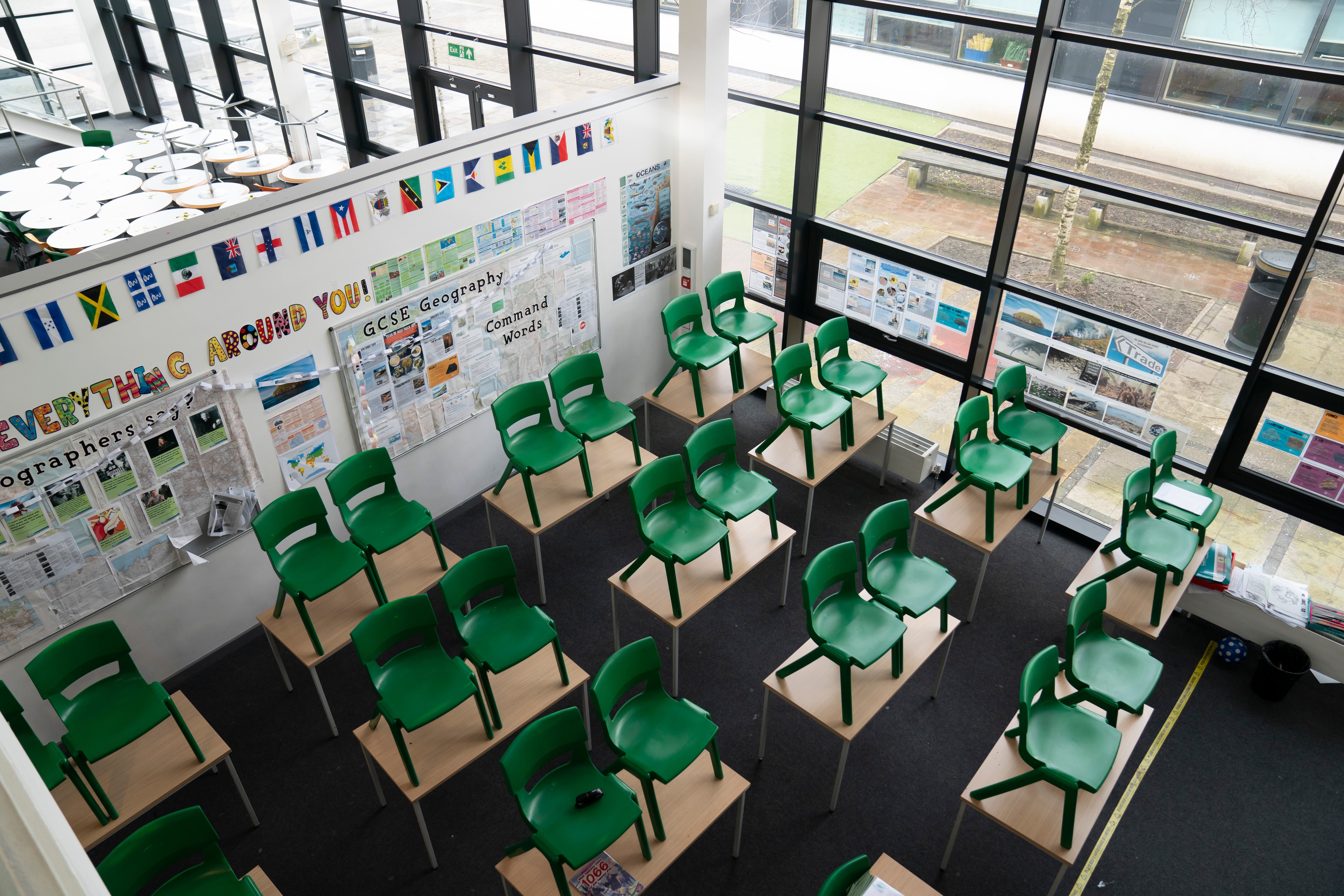Teachers have a very difficult tightrope to walk over post-Covid priorities
There are two contrasting aims: to urgently tackle the ‘lost learning’ faced by many – but also to provide a vital emotional and pastoral service to our young people, writes Ed Dorrell


The saddest aspect for me is the sense that my daughter is losing herself.”
This was how one working class parent eloquently and harrowingly described the impact that lockdown – and specifically the partial closure of her school – had had on the mental health of her teenage daughter.
The worrying truth is that right now this is a story that is being repeated up and down the country in many homes.
What the Covid-19 lockdown has so painfully demonstrated is the role that schools have in the lives of our young people. Yes, of course, their core function is to educate, but they are also places that allow for personal and social development. They are places of personal exploration; they are places that allow both children and teenagers to investigate what it means to be independent and responsible members of society.
While many teachers have nearly broken themselves in the process of developing online learning platforms, this aspect of schools – where non-familial relationships are discovered and tested – has been almost impossible to reproduce remotely.
In a series of focus groups recently, I found parents who had realised that they are also incapable of replicating that experience at home – and their “failure” was the subject of huge concern to them.
I also found parents who were at their wit’s end worrying as they struggle to maintain some semblance of order in their teenagers’ lives. “My son only gets up for his first lesson,” one explained. “Then he goes back to bed. Then he gets up for another lesson. Then he goes back to bed. And repeat. It’s not healthy.”
What we have learned – by “we”, I mean parents and wider society – is something that heads and teachers could have told us long before Covid-19 struck: that schools are so much more than their results.
Of course results matter – a foundation in traditional academic subjects is a near-essential part of becoming a fully paid up and happy member of society – but we also depend on schools to provide a vital emotional and pastoral service to our young people.
With schools fully re-opening, teachers will be pulled in two different directions by two contrasting priorities: firstly, to urgently tackle the “lost learning” that so many children will have experiences as a result of being away from the whole child and, secondly, to start the process of “reconstructing” the whole child.
Many parents (possibly even most) will want them to focus on the latter. As one parent put it: “What I'm fearful for most for my children is the social aspects of life being able to communicate with other human beings, and have that emotional connection and they don't have that [at home]. It was a big issue before Covid, with cyber bullying and all that kind of stuff. And that, I think, has gone through the roof.”
Conversely, there is a significant chance that ministers, Ofsted and league tables will likely pressure them, intentionally or unintentionally, in the other direction. “Catch up” is the buzzword throughout the corridors of power right now and I don’t expect this to change anytime soon.
Both, however, are essential and neither should be prioritised at the expense of the other. The daunting task teachers and school leaders face in the weeks, months and years ahead is walk the tightrope between the two.
Courtesy of the pandemic, Britain has found how truly dependent it is on its schools, but will we be able to give them time as they begin the process of putting our damaged children back together?



Join our commenting forum
Join thought-provoking conversations, follow other Independent readers and see their replies
Comments